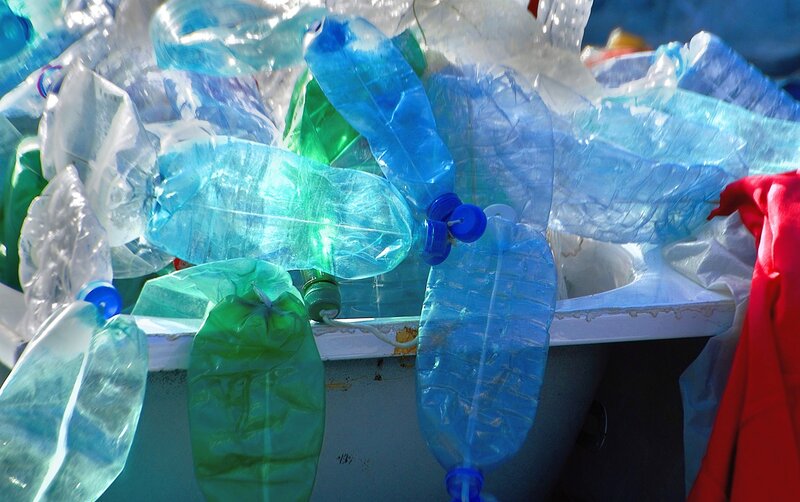Construction has begun on a commercial-scale plant to recycle all types of plastic using high-pressure steam, the first such facility in the UK.
—
What is Happening?
- The plant in the northeast of England will cost USD$41 million to build and will be able to process 80 000 metric tons of plastic waste a year. The facility will start operating by the end of 2022.
- Mura Technology, the company behind the facility, will use its own HydroPRS supercritical steam- where water is heated and pressurised to such a point that its properties become gas and a liquid at the same time.
- The system is able to convert plastics into the oils and chemicals they were made from in about 25 minutes. This product can then be used to create new plastics with no limit to the number of times that it can be recycled, compared to only once or twice for most recycled objects currently.
- This facility that will allow the uk to recycle plastic using steam could be a game changer in stemming the tide of plastic waste plaguing the planet. Globally, around 350 million tons of plastic is produced every year, which is estimated to rise to 600 million tons over the next 20 years, with only 14% of this collected for recycling, according to the Ellen McArthur Foundation. Global plastic production is estimated to produce 390 million tons of carbon dioxide annually.
- According to 2020 research, the UK and US produce more plastic waste per person than any other major countries. Among the 20 nations with the highest total plastic waste production, the UK was second to the US per capita, followed by South Korea and Germany.
- Plastic waste has polluted the whole planet, from the deepest oceans to Arctic snow, and is known to harm wildlife. Concern is also growing about the quantity of microplastics people consume with food and water, and by breathing them in.
- Additionally, the UK will continue to allow plastic waste to be exported to developing countries, despite promising to ban the practice, after it has emerged that Britain’s new post-Brexit regulations are less stringent than those imposed by the EU.
You might also like: US is a Larger Source of Plastic Pollution Than Previously Thought- Report

















